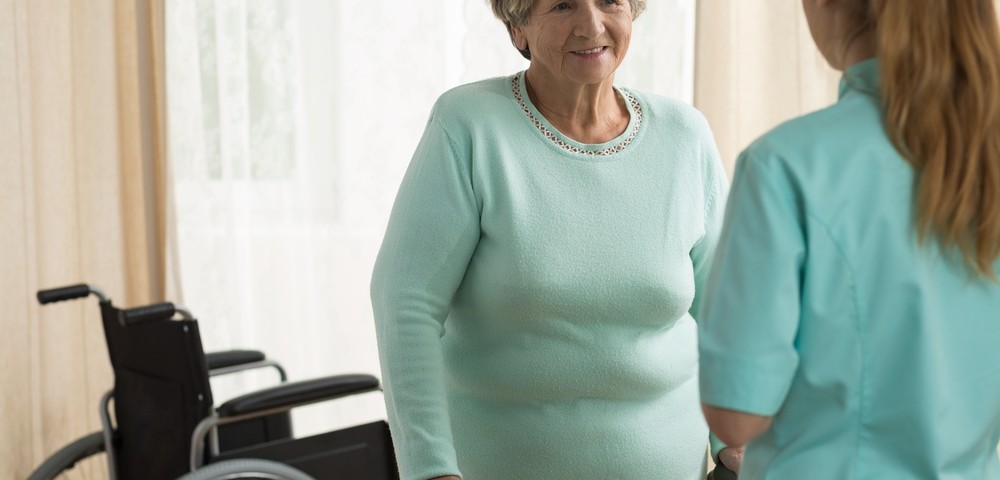A recent study revealed that women with fibromyalgia can require considerable help in performing even daily chores and life activities, findings that highlight the potential benefits of rehabilitation therapy in this patient group. The study, published in the journal Occupational Therapy International, is titled “The Occupational Profile of Women with Fibromyalgia Syndrome.”
The test whether women with fibromyalgia syndrome would exhibit lower levels of functional independence in a number of daily activities, Marta Pérez-de-Heredia-Torres, from the Department of Physical Therapy, Occupational Therapy, Rehabilitation and Physical Medicine, Rey Juan Carlos University in Madrid, Spain, and colleagues performed a cross-sectional case control study in 20 fibromyalgia and 20 healthy women. All study participants completed the Functional Independence Measure (FIM), the Canadian Occupational Performance Measure (COPM), a Numerical Pain Rating Scale, the Fibromyalgia Impact Questionnaire, and the SF-36 health survey.
Specifically, the researchers wanted to assess functional level and investigate the differences in the occupational activities of women with fibromyalgia and healthy women, and to analyze the perceived importance of occupational performance during self-care, productivity, and leisure activities.
FIM results revealed significant differences between the two groups regarding several activities: personal hygiene, bathing, and memory. Moreover, women with fibromyalgia showed higher disability and reduced quality of life and required greater assistance to perform specific daily acts, including eating, grooming, bathing, upper body dressing, lower body dressing, toileting, bed to chair transfer, toilet transfer, shower transfer, stairs, cognitive comprehension, expression, social interaction and memory.
The COPM scores did not reveal significant differences between the two groups.
“These findings on the performance of occupational activities in women with fibromyalgia syndrome increase knowledge on the specific everyday needs affecting this population. This highlights the need these women have for help to perform many basic activities and improve their quality of life. Awareness of these specific needs would assist the provision of appropriate rehabilitation programs to improve the participation of these women in all areas of their life,” the authors wrote.
Fibromyalgia syndrome (FMS) is a rheumatic condition of unknown cause, mainly affecting women, found in 3% to 6% of people between the ages of 20 and 50 worldwide. FMS is characterized by widespread pain, usually in the musculoskeletal system, and also by fatigue, altered sleep patterns, paresthesias, anxiety, stiffness, depression, headaches, and sensations of swelling in the hands.

